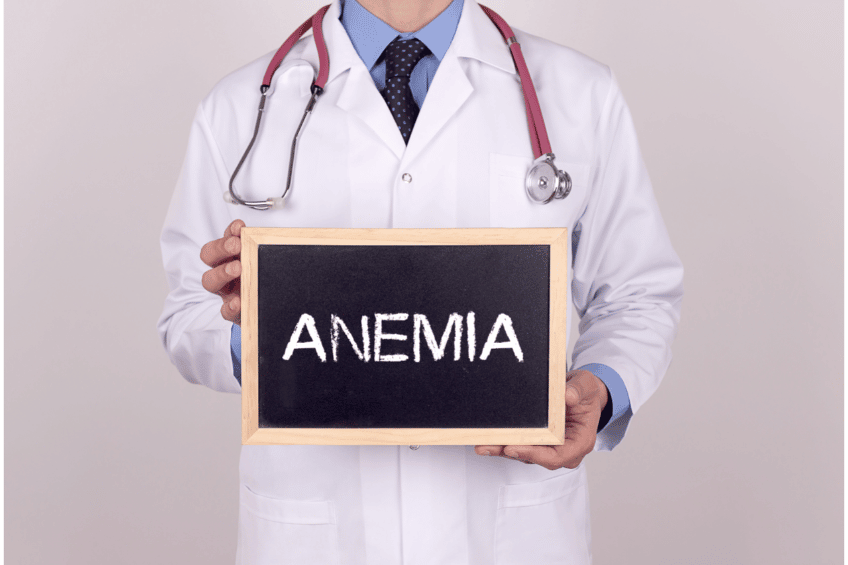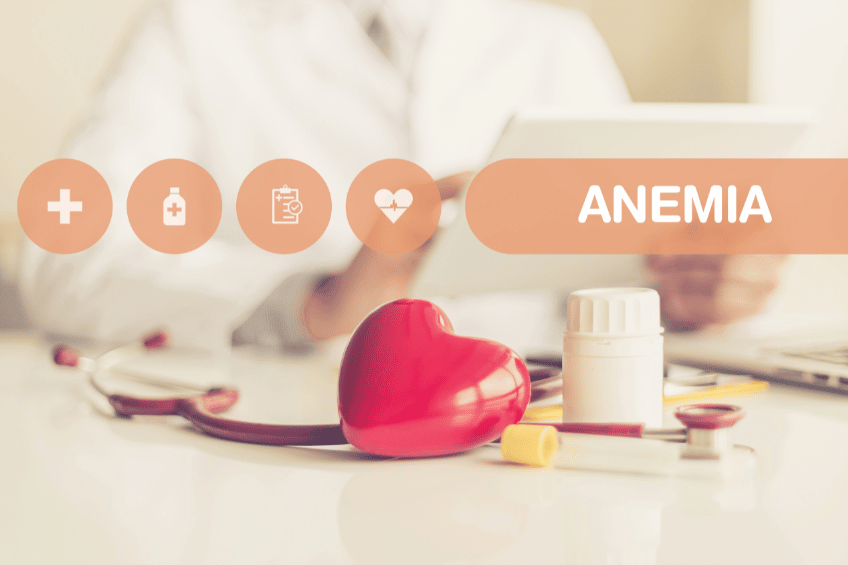Overview
Feeling exhausted, looking pretty pale, and the world is spinning around (not in a good way, of course)? You`ve probably been thinking about taking a little rest from long working hours. But is work overload really the cause of your fatigue? Such seemingly harmless symptoms can be a signal of iron deficiency, which can create many problems, from fatigue and hair loss to anemia. Millions of people are lacking this micro element and are not even aware of it.
How to recognize iron deficiency anemia in time? Is it possible to cope with it without serious treatment? How to protect yourself? Learn all this and more from our article.
What is iron deficiency anemia?
About 70% of all anemias develop due to iron deficiency. Iron deficiency anemia is the most common form of anemia that happens when your body has low levels of iron. Since the body needs iron to make hemoglobin, its deficiency restricts the required amount of oxygen from reaching the rest of the body. And although iron-deficiency anemia is the most common blood condition, lots of us cannot easily recognize it.

What are the possible causes of this condition?
Ignoring iron in your diet – is the number one reason for iron-deficiency anemia. You may also become anemic if you:
- have any digestive tract conditions, which prevent iron from proper absorption;
- are pregnant (your iron intake should be increased during pregnancy);
- have very heavy periods.
A decrease in iron levels can also occur during external and internal bleeding, surgeries with excessive blood loss, and if you frequently donate blood. Your red blood cell levels can be affected by a long history of an eating disorder. Going vegetarian or vegan can be a cause of anemia, too; lots of beginners don`t pay enough attention to iron-rich plant-based meals and iron supplements.
